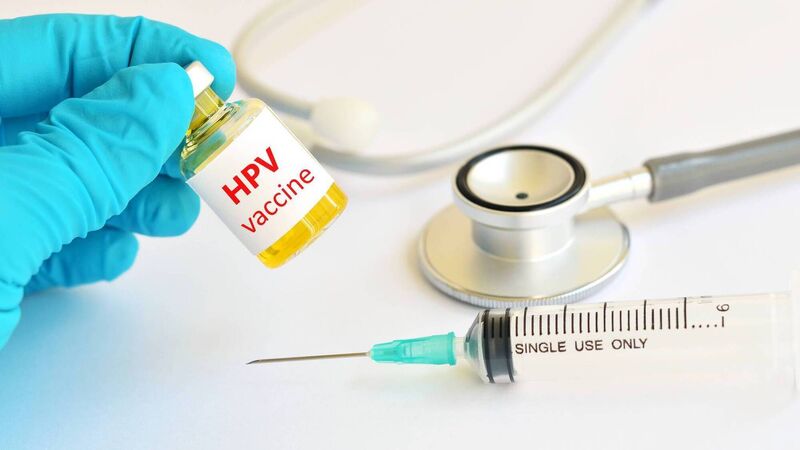Ireland on track to eliminate cervical cancer by 2040, HSE report shows

A campaign aims to have just four cases of cervical cancer per 100,000 by the year 2040.
Ireland is on track to eliminate cervical cancer by 2040 according to a progress report published today to mark the first World Cervical Cancer Elimination Day.
However, misinformation about the HPV vaccine has led to a lower uptake among teenagers in disadvantaged areas, the report also warned.













